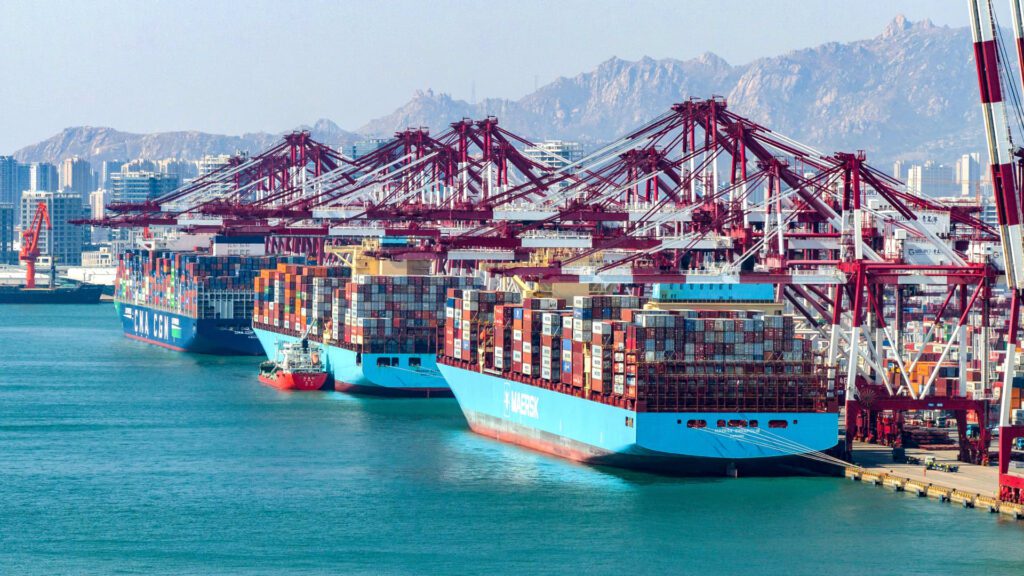The United Nations Maritime Agency is taking steps to regulate the use of fossil fuels in global shipping, aiming to implement binding measures to reduce its climate impact, as shipping contributes approximately 3% of global carbon emissions. The International Maritime Organization (IMO) is discussing the introduction of global marine fuel standards and a potential emissions tax, considered groundbreaking by advocates. However, the proposal faces resistance from countries like the US, Brazil, China, and Saudi Arabia, raising concerns about economic competition and inequality.
Proponents, particularly from Pacific Island nations, view these talks as an essential opportunity for significant climate action, with goals set for “zero sector emissions” by 2050. Several observers within the shipping sector express cautious optimism regarding reaching ambitious agreements, while acknowledging the challenges posed by differing national priorities and interests. The discussions could lead to the first unified industry regulations from a UN body that might surpass existing climate agreements. Environmental advocates emphasize the need for equitable financial mechanisms to encourage the adoption of cleaner fuels and technologies while addressing the needs of vulnerable regions affected by climate change.
Source link


